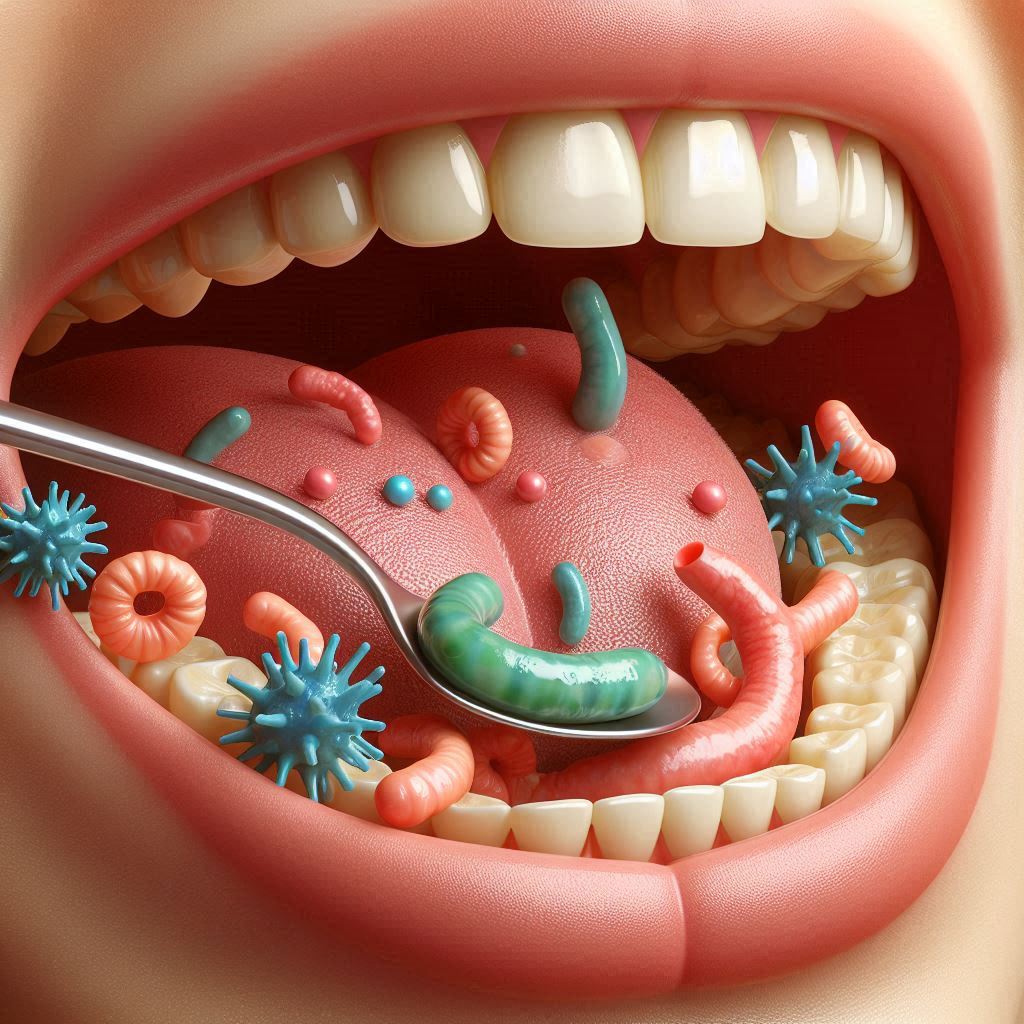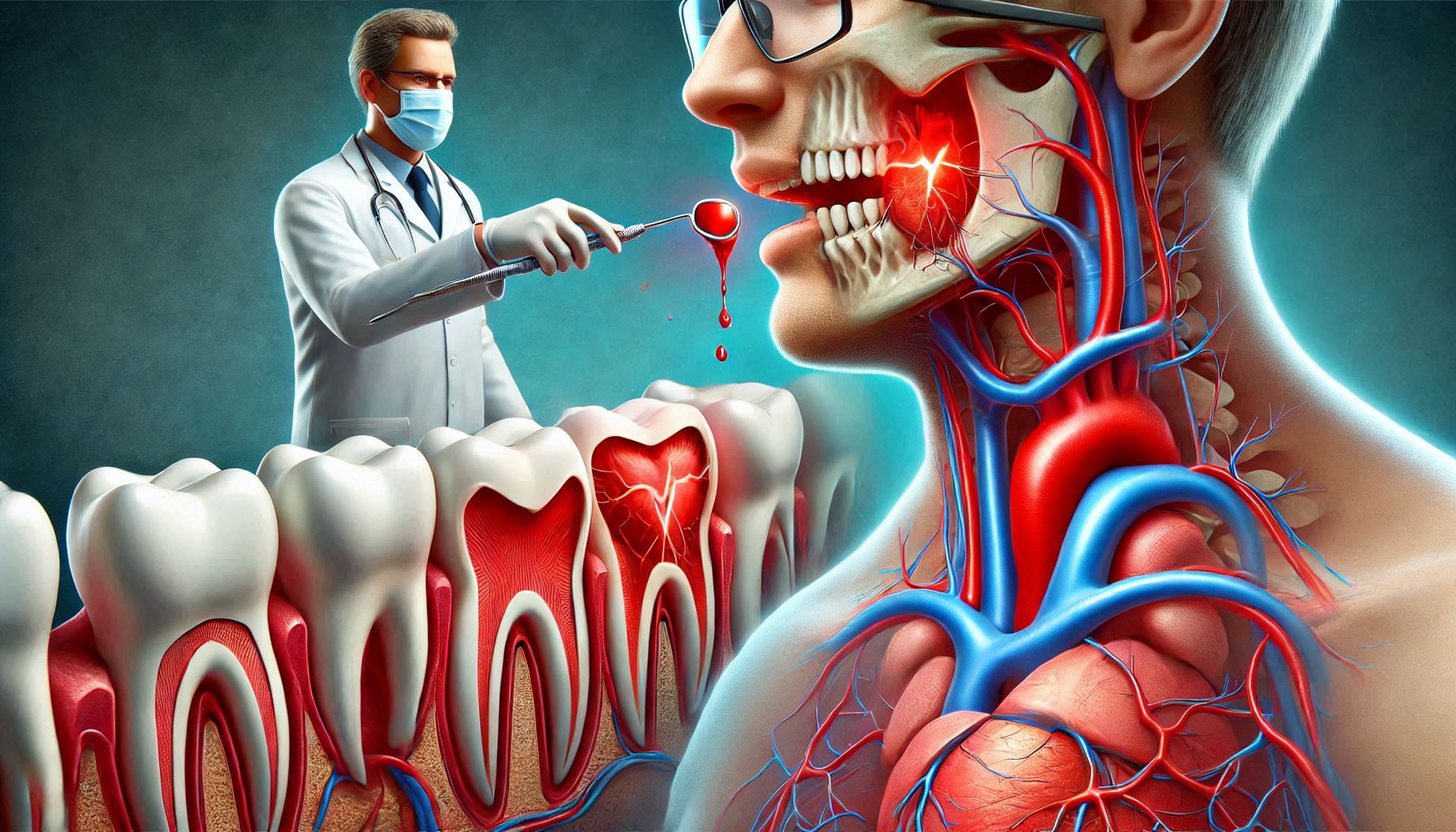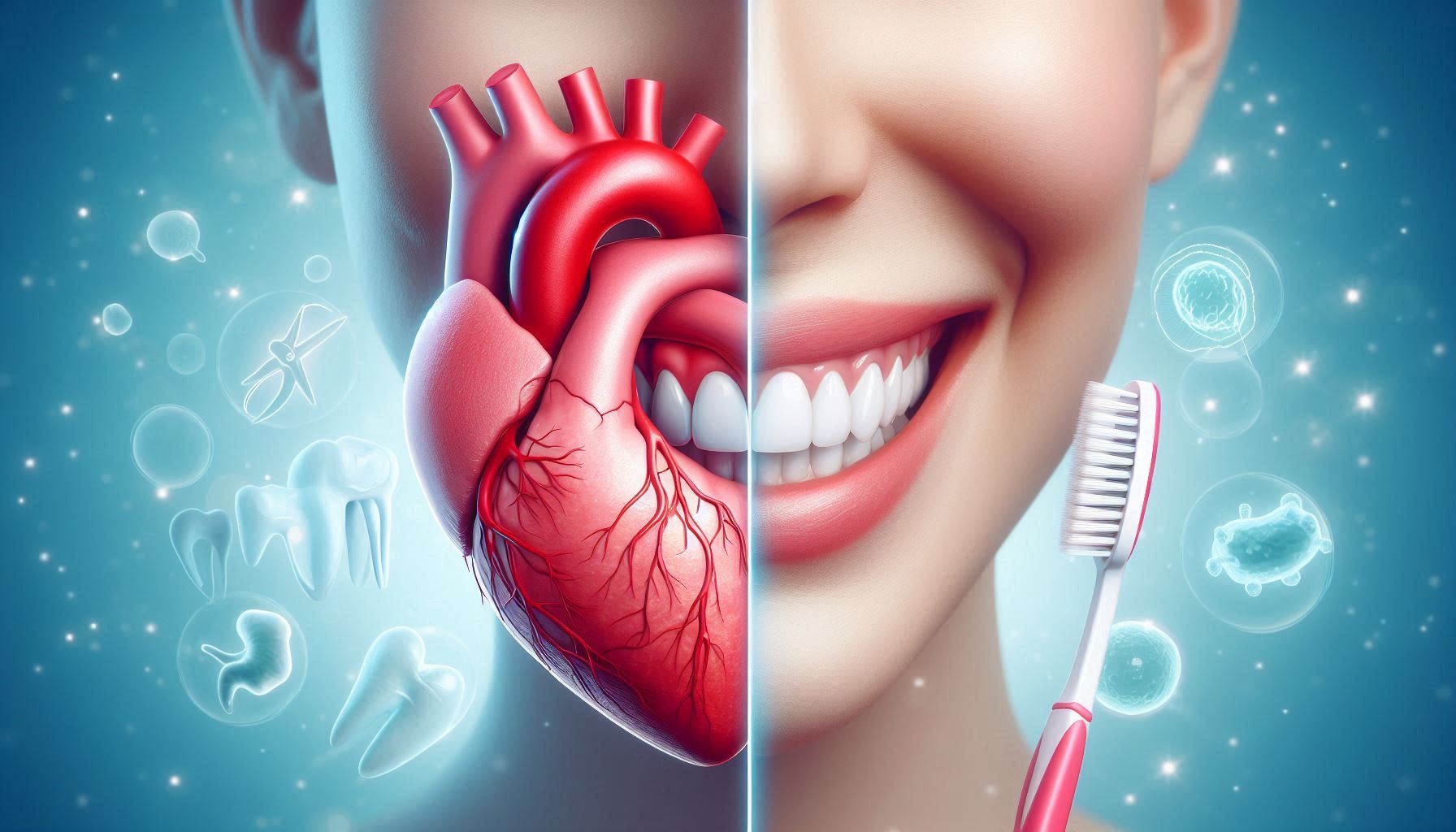A bright, healthy smile is often seen as a reflection of good health and confidence. However, achieving and maintaining that smile requires more than just good brushing and flossing habits. Regular dental check-ups play a vital role in preserving oral health and preventing various dental problems. In this comprehensive guide, we will explore the importance of regular dental visits, the specific benefits they offer, and how they contribute to overall well-being.
1. Understanding Dental Check-Ups
1.1 What is a Dental Check-Up?
A dental check-up, also known as a dental examination or routine visit, is a scheduled appointment with a dentist to assess the condition of your teeth, gums, and mouth. During this visit, the dentist performs several important tasks, including:
- Visual Examination: The dentist visually inspects your teeth and gums for signs of decay, disease, or other issues.
- X-rays: If necessary, dental X-rays may be taken to get a clearer picture of what’s happening beneath the surface, particularly in areas that are not visible to the naked eye.
- Professional Cleaning: A dental hygienist typically performs a thorough cleaning, removing plaque and tartar buildup.
- Discussion of Findings: After the examination, the dentist will discuss their findings, recommend any necessary treatments, and provide advice on maintaining oral health.
1.2 How Often Should You Visit the Dentist?
The general recommendation is to visit the dentist every six months for routine check-ups. However, individual needs may vary based on personal health factors. Some people may need more frequent visits due to:
- A history of dental problems, such as cavities or gum disease.
- Existing health conditions that affect oral health, such as diabetes.
- Lifestyle factors, such as smoking or a diet high in sugar.
Consulting with your dentist will help determine the best schedule for your check-ups.
2. The Benefits of Regular Dental Check-Ups
2.1 Early Detection of Dental Issues
One of the most significant benefits of regular dental visits is the early detection of potential problems. Many dental issues, such as cavities and gum disease, develop gradually and may not present noticeable symptoms until they have advanced. Here are some common conditions that can be detected early through regular check-ups:
- Cavities: Small holes in the teeth caused by decay can be identified in their early stages, allowing for conservative treatment options like fillings before more extensive work is needed.
- Gum Disease: Gingivitis, the early stage of gum disease, can be reversed with proper care if caught early. If left untreated, it can progress to periodontitis, leading to tooth loss and other serious health issues.
- Oral Cancer: Dentists are trained to recognize the early signs of oral cancer, which can be life-threatening if not detected early. Regular check-ups provide an opportunity for a thorough examination of the mouth, increasing the chances of early diagnosis.
2.2 Preventive Care
Preventive care is a cornerstone of maintaining good oral health, and dental check-ups are a crucial aspect of this. During a routine visit, the following preventive measures are typically taken:
- Professional Cleaning: Dental hygienists use specialized tools to remove plaque and tartar that accumulate on teeth. This professional cleaning is more effective than home care alone and helps prevent cavities and gum disease.
- Fluoride Treatments: Depending on individual needs, dentists may recommend fluoride treatments to strengthen tooth enamel and prevent decay, particularly for those at higher risk.
- Sealants: Dental sealants are protective coatings applied to the chewing surfaces of back teeth to prevent cavities, especially in children and adolescents.
2.3 Personalized Oral Care Advice
Every patient has unique oral health needs, and regular check-ups provide an opportunity for dentists to offer personalized advice. After assessing your oral health, your dentist can recommend:
- Improved Oral Hygiene Techniques: Your dentist may demonstrate proper brushing and flossing techniques tailored to your specific needs.
- Dietary Recommendations: Nutrition plays a significant role in oral health. Your dentist can provide guidance on foods to include or avoid for better dental health.
- Product Recommendations: Dentists can recommend specific oral care products, such as toothpaste, mouthwash, and floss, that best suit your dental condition.
3. The Connection Between Oral Health and Overall Health
3.1 Oral Health as a Window to Overall Health
The mouth is often referred to as a window to overall health. Numerous studies have established connections between oral health and systemic conditions, highlighting the importance of regular dental check-ups. Here are a few key areas where oral health intersects with overall health:
- Cardiovascular Health: Research has shown that gum disease is linked to heart disease. Inflammation caused by periodontal disease may contribute to the development of heart disease by affecting blood vessels.
- Diabetes Management: People with diabetes are at a higher risk for gum disease, and infections in the mouth can make it more difficult to control blood sugar levels. Regular dental visits help manage these risks.
- Respiratory Health: Poor oral hygiene can lead to the inhalation of bacteria from the mouth into the lungs, increasing the risk of respiratory infections and complications.
- Pregnancy Outcomes: Pregnant women with gum disease may be at a higher risk for preterm birth and low birth weight. Regular dental care during pregnancy is essential for both maternal and fetal health.
4. Economic Considerations
4.1 The Cost of Preventive Care
Investing in regular dental check-ups can lead to significant cost savings over time. While some may view dental visits as an expense, it’s essential to consider the long-term financial benefits of preventive care:
- Avoiding Costly Treatments: Detecting and addressing dental issues early can prevent the need for more expensive procedures, such as root canals, crowns, or even tooth extractions.
- Insurance Benefits: Many dental insurance plans cover routine check-ups and cleanings at little to no cost. Taking advantage of these benefits can reduce your out-of-pocket expenses.
4.2 Long-Term Health Costs
Neglecting oral health can lead to serious complications that impact overall health, potentially resulting in higher medical expenses. For example:
- Treating Advanced Gum Disease: The costs associated with treating severe gum disease can be significant, involving surgery, medications, and ongoing care.
- Systemic Health Issues: The potential costs of managing health conditions linked to poor oral health, such as heart disease or diabetes, can far exceed the costs of regular dental check-ups.
5. The Psychological Benefits of a Healthy Smile
5.1 Confidence and Self-Esteem
A healthy, attractive smile can boost self-confidence and improve social interactions. People who maintain their oral health often feel more comfortable in social situations, leading to positive effects on personal and professional relationships. Regular dental check-ups contribute to this by:
- Maintaining Aesthetic Appeal: Routine cleanings and examinations help keep your teeth clean and free of stains, contributing to a more appealing smile.
- Addressing Cosmetic Concerns: Dentists can recommend cosmetic procedures, such as whitening or veneers, to enhance your smile further, if desired.
5.2 Mental Health Connections
Oral health is closely tied to mental health. Poor dental hygiene and untreated dental issues can lead to pain and discomfort, which may contribute to anxiety and depression. Regular check-ups help ensure that your oral health is maintained, minimizing discomfort and its impact on mental well-being.
6. How to Prepare for Your Dental Check-Up
6.1 Before Your Appointment
Preparation for a dental check-up can help ensure a smooth and efficient visit. Here are some steps to take before your appointment:
- Update Your Medical History: Inform your dentist about any changes in your health, medications, or allergies since your last visit. This information is vital for your dentist to provide the best care.
- List Your Concerns: If you have specific concerns about your oral health or any symptoms you’ve been experiencing, make a note of them to discuss with your dentist.
- Be Mindful of Your Diet: Consider avoiding certain foods and beverages, such as coffee or sugary snacks, before your visit, as these can affect the examination.
6.2 During Your Appointment
During the dental check-up, being open and communicative with your dentist is essential. Here are some tips for a successful appointment:
- Ask Questions: Don’t hesitate to ask your dentist any questions about your oral health, treatment options, or care techniques. Understanding your dental health empowers you to make informed decisions.
- Be Honest About Your Habits: If you have dietary habits, smoking, or neglecting oral hygiene, be candid with your dentist. This information can help them provide personalized care and advice.
7. Overcoming Dental Anxiety
7.1 Understanding Dental Anxiety
Dental anxiety is a common concern for many individuals. Fear of pain, discomfort, or negative past experiences can prevent people from seeking necessary dental care. Understanding and addressing dental anxiety is crucial for maintaining oral health.
7.2 Strategies to Manage Anxiety
If you experience dental anxiety, consider the following strategies:
- Communicate with Your Dentist: Let your dentist know about your anxiety. They can adjust their approach to help you feel more comfortable during your visit.
- Practice Relaxation Techniques: Deep breathing, visualization, or listening to calming music during your appointment can help reduce anxiety.
- Consider Sedation Dentistry: For those with severe anxiety, sedation dentistry options may be available to help patients relax during procedures.
8. The Future of Dental Care
8.1 Advancements in Dental Technology
The field of dentistry is continually evolving, with advancements in technology improving patient care. Regular check-ups can benefit from these innovations:
- Digital X-Rays: Digital imaging provides clearer images with lower radiation exposure, allowing for quicker diagnoses and treatment planning.
- Teledentistry: Virtual consultations are becoming more common, providing patients with convenient access to dental professionals for advice and follow-ups.
- AI in Diagnostics: Artificial intelligence is increasingly used in analyzing X-rays and identifying potential dental issues, improving accuracy and efficiency.
8.2 Preventive Trends
The emphasis on preventive care is likely to continue growing, with a focus on education and awareness. As research expands on the links between oral health and overall health, dental check-ups will play an even more critical role in healthcare.
Conclusion
Regular dental check-ups are essential for maintaining oral health, preventing disease, and supporting overall well-being. From early detection of problems to personalized care and economic benefits, the importance of these visits cannot be overstated. By prioritizing routine dental care, you are investing in your health, confidence, and quality of life. Don’t wait—schedule your next dental check-up today and take a proactive step toward a healthier, brighter smile!
SOURCES
My Dental Home – Keep Your Smile Bright and Healthy with Routine Check-Ups
The London Road Dental Practice Smile – Bright: The Lifesaving Importance of Regular Dental Check-ups
Stadium Family Dentistry Smile Bright: The Crucial Role of Regular Dental Cleanings and Check-Ups
HISTORY
Current Version
October 12, 2024
Written By:
SUMMIYAH MAHMOOD




